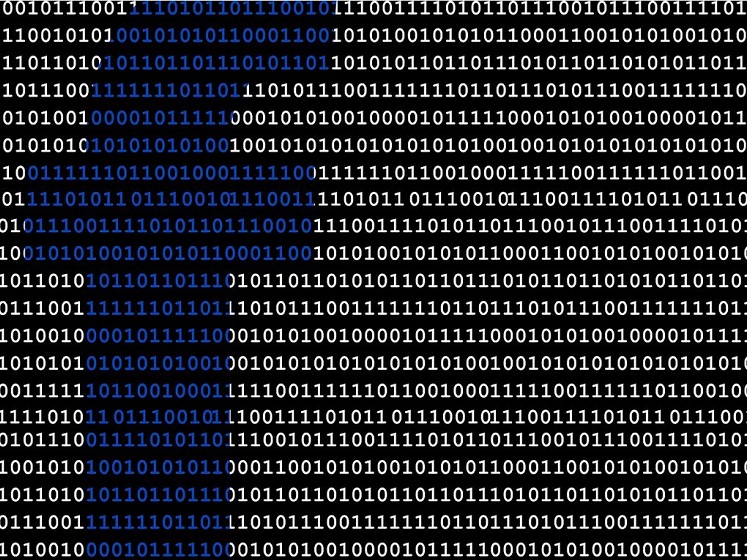 Facebook concept Geralt
Facebook concept Geralt
In the early days of the internet, a common view was that the new medium would liberate, inform and empower people as a force for good.
But a series of scandals, where social media companies are alleged to have breached spending limits and misused data in the UK and the US, such quelled this optimism. For Dr Damian Tambini, an Associate Professor in the Department of Media and Communications, these scandals have brought the question of how we limit the power internet companies have to the fore.
Dr Tambini, who has studied the growing power of internet companies since the late 1990s, summarises the wider change in mood as going from ‘hope to despair’ in the chapter he contributed to in the recently published book he co-edited Digital Dominance.
At the centre of the scandal is the allegation that Facebook, by far the most popular social media company in the world, and Cambridge Analytica, a political consultancy specialising in micro-targeting, were a vehicle for propaganda, oversaw campaign spending limit excesses and data protection breaches.
Critics of Facebook claim the tech giant’s negligence was the decisive factor in the two major political upsets in 2016; the US election and UK’s EU Referendum.
While Dr Tambini is unsurprised by the revelations, he is hopeful they will have a silver lining; accelerating wider efforts to address the ways internet technology is affecting our political processes.
Dr Tambini says: “I have been watching the steady rise of a surveillance capitalism model, which gathers detailed information about consumers and voters, since the 1990s.”
“Although the Cambridge Analytica scandal relates to specific allegations of narrow, short-term breaches of election law, it has brought much wider long-term issues to the public’s attention that we have to work through if we are to protect the integrity of our democracies.”
Dr Tambini considers the modern forms of propaganda disseminated on social networks, and the integrity of campaign spending limits, to be the most pressing challenges for democracies.
“As a society we need to consider the wider process of looking at what propaganda is, how it affects voters, and how our institutions can control the places where it is created or distributed,” Dr Tambini says.
One of the most serious allegations against the groups campaigning for Britain to leave the EU was the claim they covertly breached campaign spending limits by funnelling undeclared money into targeted advertising on Facebook.
The company has been widely criticised for its failure to track where its advertising revenues originate from, but, Dr Tambini says, Facebook is “waking up to the challenge.”
“Facebook has become a one-stop shop for gathering information and data and also for advertising spend. This gives the company great political power and unparalleled responsibility,” Dr Tambini adds.
Dr Tambini stresses that any regulation in these areas must be developed in partnership with governments. “If we don’t address this issue effectively then people lose trust in democracy; we can’t just leave it to Facebook and similar companies in the future to self-regulate, the issue is far too important for that.”
International companies with global reach inevitably demand international collaboration. In the current climate, with the Trump administration pursuing an isolationist approach across international trade, achieving this objective could become more difficult.
Nevertheless, Dr Tambini remains confident that the challenge will be met. He says: “I don’t think we should despair; in terms of regulation of the internet at the global level, the overall direction is various forms of institution building.”
“But we are considering complex questions, such as what is propaganda, and how we manage the effects of artificial intelligence which micro-targets individuals. There isn’t a quick regulatory fix for these challenges, it will take time. Part of the solution is structural. The power and dominance of companies like Facebook may also require a structural change, for example in how competition law is applied.”